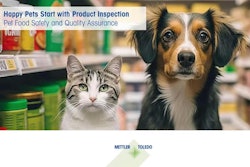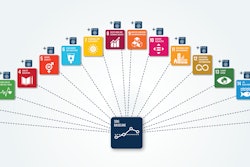The U.S. animal food industry is facing significant challenges due to the commencement of a strike by 45,000 dockworkers at East and Gulf Coast ports. The American Feed Industry Association (AFIA) is warning of substantial disruptions in the supply of essential ingredients, equipment and packaging materials needed to produce high-quality livestock and pet food. The failure of the United States Maritime Alliance (USMX) and the International Longshoremen’s Association (ILA) to reach a labor agreement has led to the strike, with potentially severe long-term consequences for both the animal food industry and the broader economy.
Key Points:
- The strike threatens the supply chain for animal food manufacturers, making it harder to produce affordable, high-quality nutrition for livestock and pets
- Port closures will restrict exports and imports, resulting in significant economic losses and risks to jobs and foreign customer relationships
- Delays in receiving essential ingredients, such as vitamins, minerals, amino acids and micronutrients, could harm animal health and raise costs for farmers and pet owners
AFIA President and CEO Constance Cullman issued the following statement:
"The lack of compromise between the USMX and ILA, and the failure of the Biden administration to intervene, now puts U.S. animal food manufacturers in a precarious situation similar to the disruptions seen during the COVID-19 pandemic. Our industry has a critical responsibility to provide nutrition to farm animals and pets, but with reduced access to essential imports, production may be severely limited. This not only impacts the 45,000 dockworkers but also jeopardizes the livelihoods of thousands within the animal food industry."
Cullman emphasized that prolonged strikes could result in bare shelves in feed and pet food aisles, leaving manufacturers with few alternatives and raising prices for consumers. She called on the Biden administration to act quickly to resolve the labor dispute.
Over the past several months, the AFIA has urged the administration to address the impending crisis, highlighting that grains, animal feed and hay account for over 70% of waterborne exports from East and Gulf coast ports. With nearly 100% of essential ingredients like vitamins imported, the animal food supply is at serious risk if these shipments are delayed.
In 2023, the U.S. exported $13.4 billion in feed, feed ingredients and pet food and imported an estimated $5.4 billion worth of these products. Prolonged port closures could escalate this situation into a full-blown animal welfare crisis.
For more information, please visit AFIA's website or contact Victoria Broehm.














